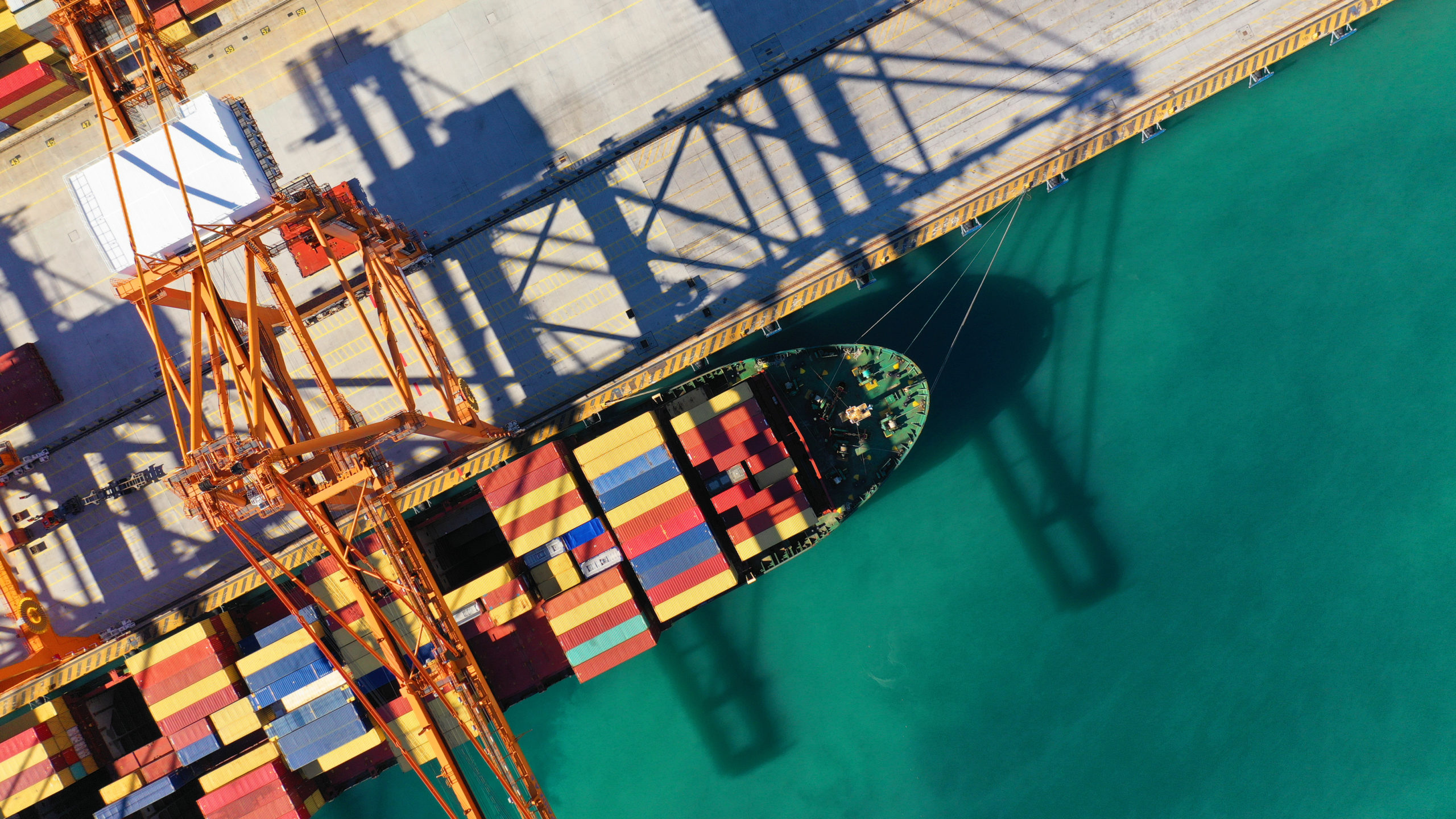As global supply chain woes continue, traceability can play a role in building and maintaining sustainable supply chains.
It will come as a surprise to no one that the increasing complexity and volatility of supply chains – regardless of the reasons for volatility – create disruption across all sectors of the global economy. Much of this complexity is attributable to intricate interconnections among unrelated and unpredictable factors, including problems with ground and sea transport (everything from truck driver shortages and labor disputes to ships being stuck in the Suez Canal), Brexit-related friction, microchip shortages, the war in Ukraine, continuing zero-Covid policies in China, climate-related commodities instability and price increases and inflation, just to name a few.
While it is not possible to unravel or prevent some of these problems, it is possible to do something to make supply chains more predictable. Adding product traceability into the supply chain can contribute to:
- Better planning and understanding of demand
- More intelligent and agile supply chain operations
- Better risk prediction and management
- Improved, insight-driven decision-making and forecasting, i.e., using traceability data to improve the resilience of these broken supply chains

Product traceability technology for building and maintaining sustainable supply chains
Across industries, companies are turning to digitization to not only ameliorate some of the challenges highlighted above, but also to, as Accenture describes it, “meet ever-higher expectations for resiliency, agility, and sustainability”. And visibility and traceability of products is central to meeting these expectations.
Today, lack of traceability is the main obstacle to safe and sustainable consumption and is a massive problem for governments, companies, and consumers. Companies are expected to take full responsibility for products they put on the market, but in reality, they have very little information about or control over manufactured products beyond the point of manufacturing.
In a world in which supply chains are increasingly complex, and society is reliant on their efficiency, making the full product journey visible through traceability is key to securing transparency and trust. If companies lack visibility into their supply chain, they cannot address very common but inherently more controllable supply chain problems, such as black/gray market sales, product diversion, illegal labor practices, and unsustainable production.

Product traceability technology enables companies to make informed decisions about their supply chain, the suppliers and inputs involved in the production, and the sustainability of what they produce. By allowing companies to track products that may have been diverted, stalled, or counterfeited, it also offers the critical data needed to comply with regulatory requirements and identify and improve unsustainable stages of the value chain in order to save costs and/or boost efficiency.
Technology for serialization and traceability
Kezzler’s patented serialization technology creates a unique digital identity for every single product to create a digital footprint. This unique identity joins all the relevant data and information for that specific item in a single place, tracing it throughout its journey through the supply chain. This data can be made available to companies, their customers, and regulatory bodies in tailored formats throughout each stage of the supply chain journey.
One of the challenges of supply-chain digitization initiatives is that they create vast amounts of data, which can slow system response. Kezzler’s technology has been purpose-built to overcome performance barriers and achieve high-transaction, low-latency response times even in a large volume application.
Where is product traceability going and how will it help make sustainable supply chains?
Traceability technology is already widely used by industry leaders worldwide for supply chain visibility. Product traceability will continue to become more of a must-have rather than a nice-to-have and will be a critical risk-management tool in fulfilling both corporate ESG initiatives and regulatory compliance. In fact, traceability is at the heart of the European Union’s European Green Deal and its Digital Product Passport mandates. The dual demands of regulation and consumer interest will help drive product traceability further into the mainstream, and ultimately product traceability will show its value through the insight it provides for supply chain management as well.
Find out more about sustainability and circular solutions with Kezzler.
